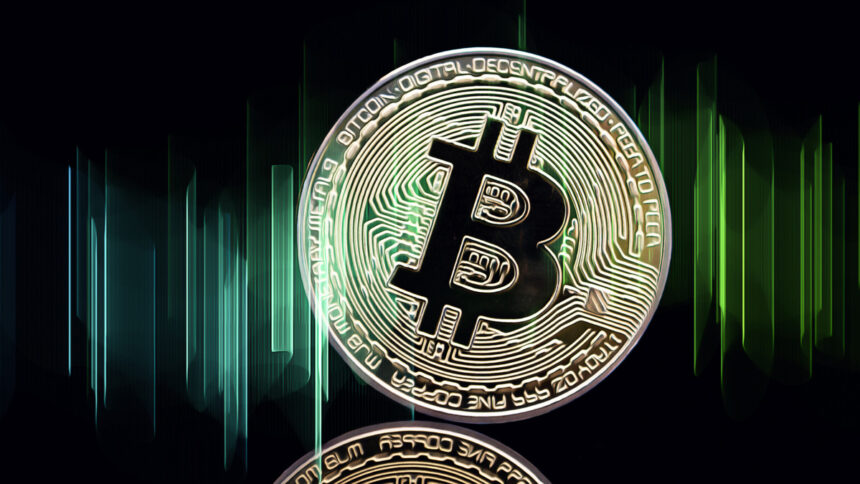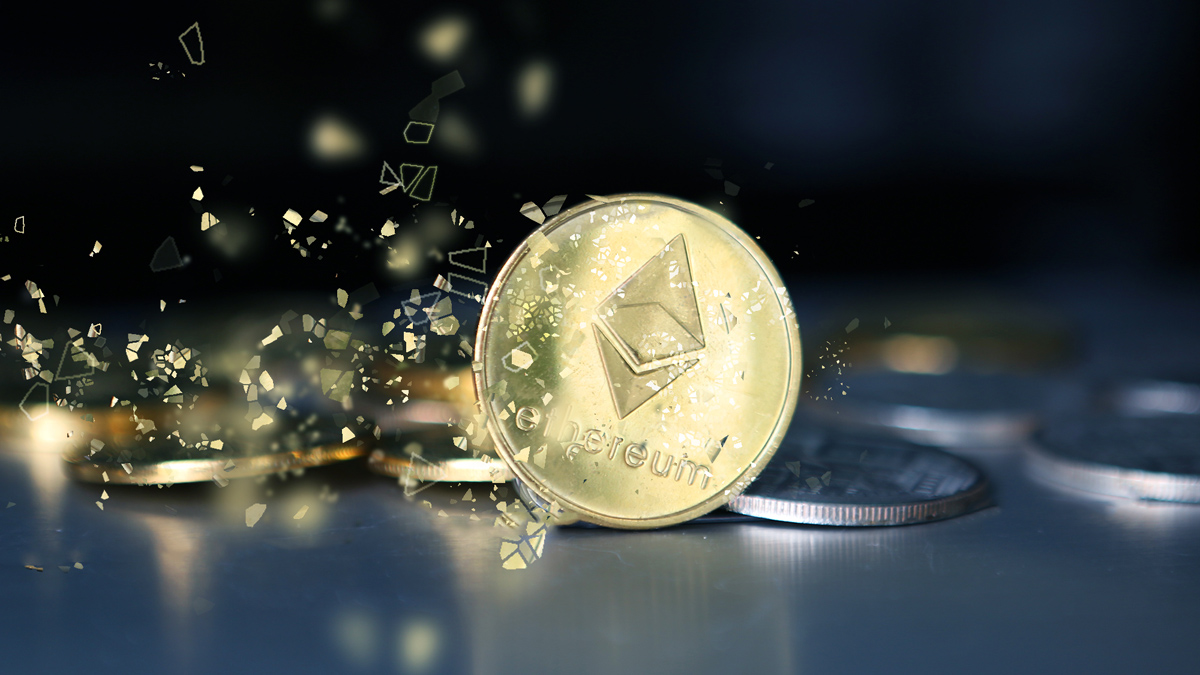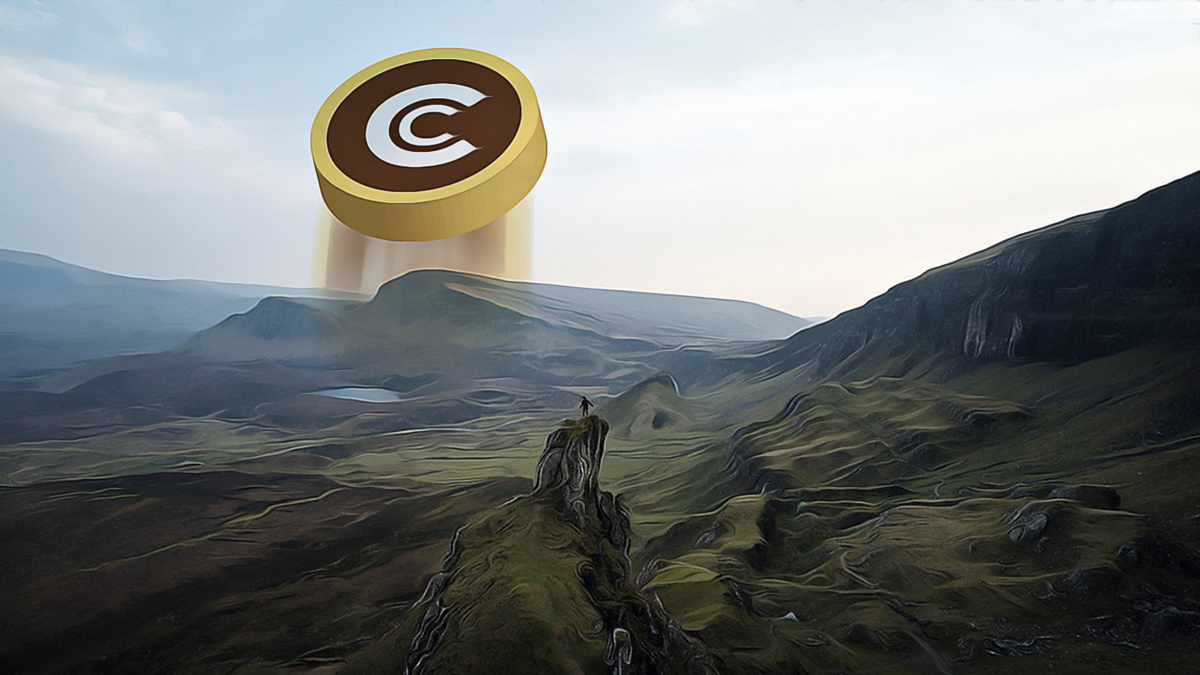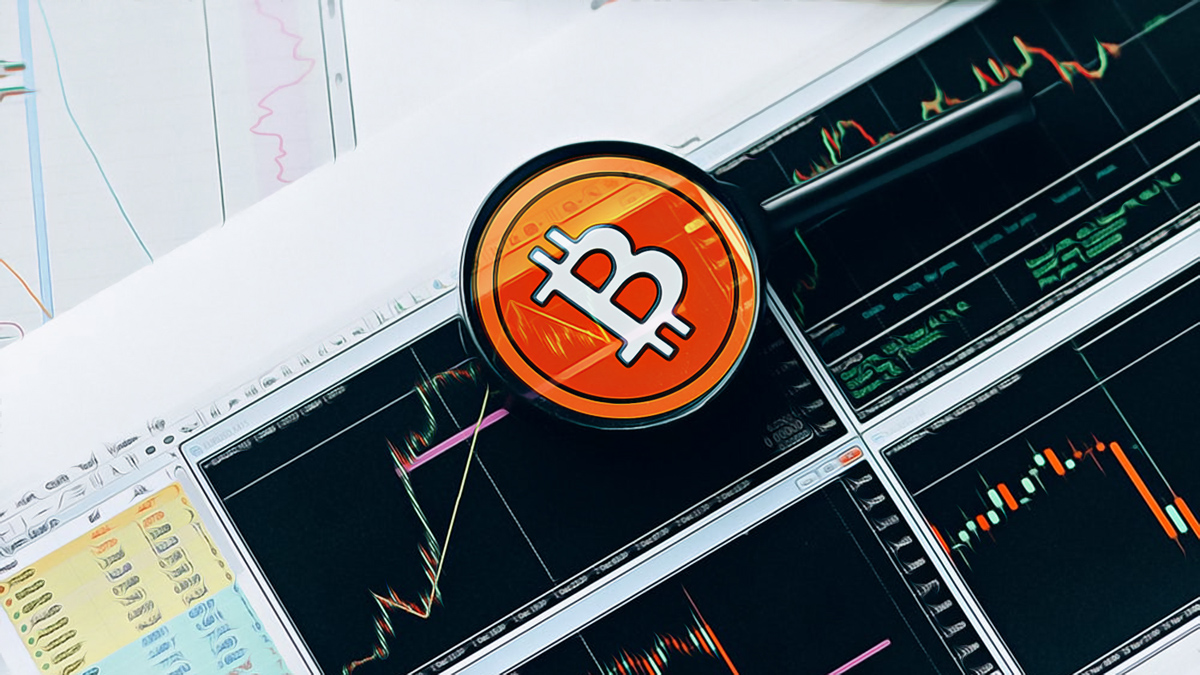Discussions continue in the U.S. regarding the establishment of a strategic Bitcoin  $105,811 reserve. Ki Young Ju, co-founder and CEO of CryptoQuant, presents a differing perspective on the feasibility of this possibility. He draws parallels to past steps taken towards the gold standard, suggesting that as the economy grows, there may be a shift in Donald Trump’s stance towards Bitcoin.
$105,811 reserve. Ki Young Ju, co-founder and CEO of CryptoQuant, presents a differing perspective on the feasibility of this possibility. He draws parallels to past steps taken towards the gold standard, suggesting that as the economy grows, there may be a shift in Donald Trump’s stance towards Bitcoin.
Similarity Between Strategic Bitcoin Reserve and the Gold Standard
According to Ki Young Ju, calls for a strategic reserve for Bitcoin resemble the positions of gold advocates in the 1990s. During that era, proponents of gold similarly argued for its use as national reserves. However, Ju emphasizes that despite the allure of a gold standard, the U.S. has consistently found ways to avoid such a shift. Today, discussions regarding reserves for Bitcoin have reached a different phase, distinct from those of the gold standard.
Creating a Bitcoin Reserve and Countries’ Contrasting Attitudes
Countries such as the U.S., Bhutan, and El Salvador are pursuing efforts to establish a strategic Bitcoin reserve. Conversely, some nations, like Japan, are not receptive to this idea. Japan prioritizes maintaining its economic stability and has rejected the consideration of Bitcoin as part of its national reserves. Advocates for a Bitcoin reserve argue that it could create a significant capital network and assist in resolving rising debt issues.
Private companies are also continuing to purchase Bitcoin. Firms such as MicroStrategy, MARA Holdings, Metaplanet, and RIOT Platforms have been acquiring Bitcoin regularly in recent months. Metaplanet recently purchased 619.7 Bitcoin, valued at approximately 9.5 billion yen, bringing its total to 1,761.98 BTC. These developments significantly contribute to ongoing discussions surrounding the strategic Bitcoin reserve.

 Türkçe
Türkçe Español
Español









